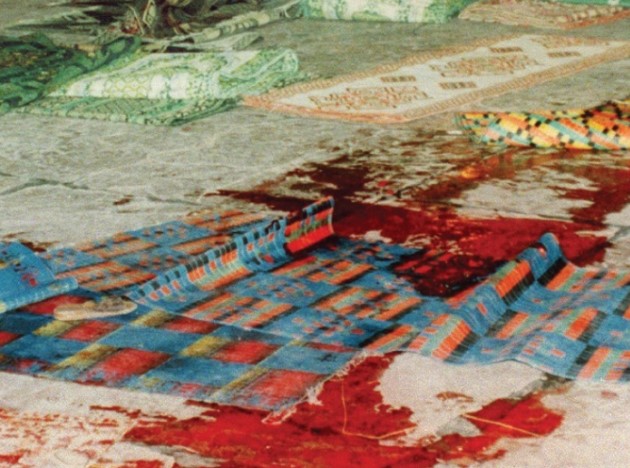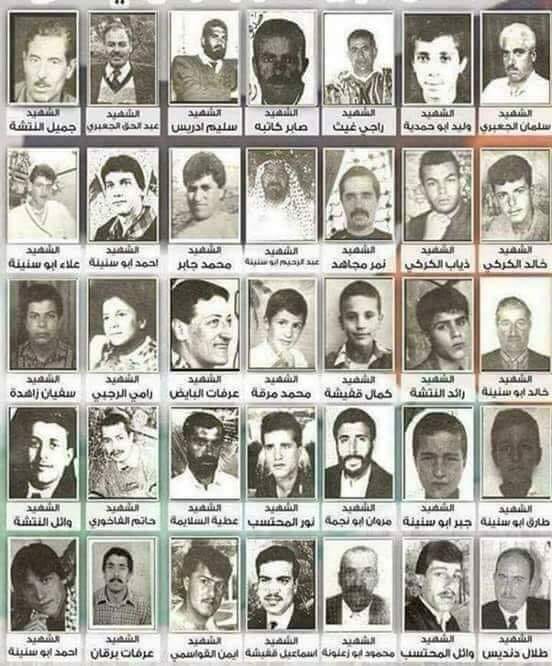RAMALLAH, Friday, February 25, 2022 (WAFA) – On this day in 1994, a US-born Israeli military physician walked into the Ibrahimi Mosque in Hebron armed with a Galil assault rifle. It was early morning during the holy month of Ramadan, and hundreds of Palestinians were gathered inside, bowed in prayer.
Baruch Goldstein, who had emigrated to occupied Palestine in 1983, lived in the Kiryat Arba settlement on the outskirts of the city. As worshippers kneeled, Goldstein opened fire. He reloaded at least once, continuing his barrage for as long as possible before finally being overpowered and eventually beaten to death. By the time he was stopped, 29 worshippers were killed, and more than a hundred had been injured.
The Israeli government immediately released a statement condemning the act and stating that Goldstein acted alone and was psychologically disturbed.
The massacre was widely reported in the international media – but many Palestinians here continue to believe that the full story has never been told.
The twenty-nine people killed inside the mosque were not the only martyrs that day. Locals estimate the final number of deaths at between 50 and 70 – and an estimated 250 were injured over the course of the day.
After the initial attack inside the mosque, more Palestinians were killed by the Israeli army during protests outside the mosque, outside Hebron’s Ahli hospital, and even in the local cemetery as the dead were being buried.

Some survivors of the massacre also report that they were shot by a second gunman inside the mosque and claim that this was a planned attack of which the Israeli military was aware in advance. None here believes the official story of Goldstein acting entirely alone in a fit of madness.
The Israelis ordered 520 businesses to close overnight, and they remain shuttered to this day. Shuhaha Street, the main road through town, was later sealed off.
Goldstein was a supporter of the extremist rabbi Meir Kahane, an Orthodox Jewish American known for his ultra-nationalist ideology and for founding the Kach party in 1971. Kach advocated the forcible removal of Palestinians from Israel and the occupied Palestinian territories (oPt).
For Palestinians, the massacre was indicative of the danger posed by Israel’s illegal settlement project. Daily life for Palestinians in Hebron, particularly in the Old City, has since become unbearable, with Al-Shuhada street remaining closed and settler violence against Palestinians a regular occurrence.

